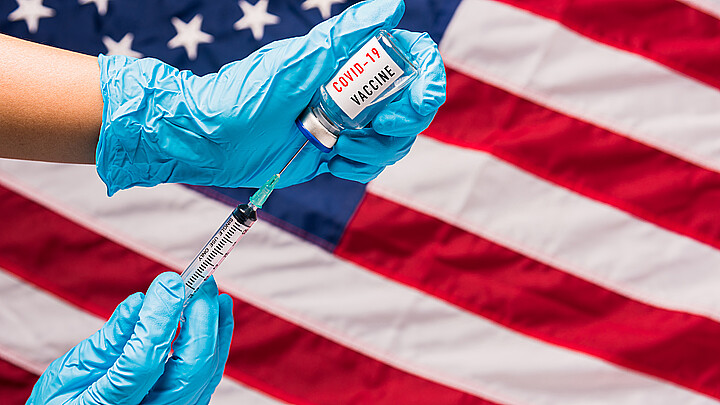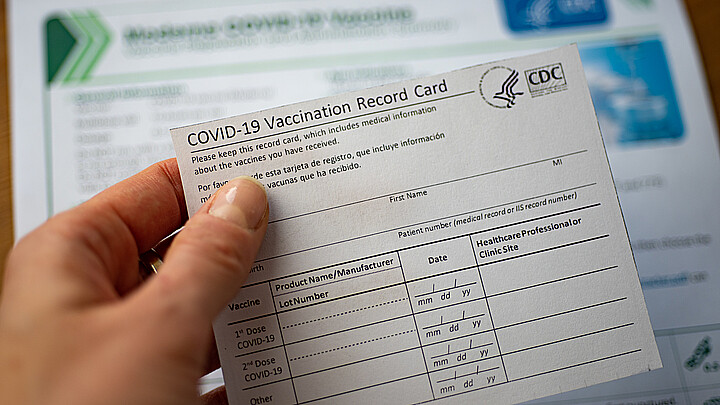Coronavirus
Biden administration to end public health COVID-19 emergency in May
The end of public health and national emergencies would mean that the government will no longer provide COVID-19 vaccines, tests, and other treatments to Americans
January 31, 2023 4:35am
Updated: January 31, 2023 4:35am
President Joe Biden on Monday told congress that his administration plans to end the COVID-19 public health emergency on May 11, almost three years after the pandemic was first declared.
First implemented in 2020 by then-president Donald Trump, the current COVID-19 public health emergency is in place until April, while the national emergency is in place until March of this year.
"At present, the Administration's plan is to extend the emergency declarations to May 11 and then end both emergencies on that date. This wind down would align with the Administration's previous commitments to give at least 60 days notice prior to termination of the PHE," the administration wrote in a letter to Congress.
"To be clear, continuation of these emergency declarations until May 11 does not impose any restriction at all on individual conduct with regard to COVID-19," the administration continued. "They do not impose mask mandates or vaccine mandates. They do not restrict school or business operations. They do not require the use of any medicines or tests in response to cases of COVID-19."
The end of public health and national emergencies would mean that the government will no longer provide COVID-19 vaccines, tests, and other treatments to Americans. Instead, the costs will be transferred to private insurance and other government health plans.
Additionally, states will be exempted from sharing data related to the pandemic with the Centers for Disease Control and Prevention, which has required states to share COVID-19 infection counts and deaths. However, states can continue to share the information voluntarily.










